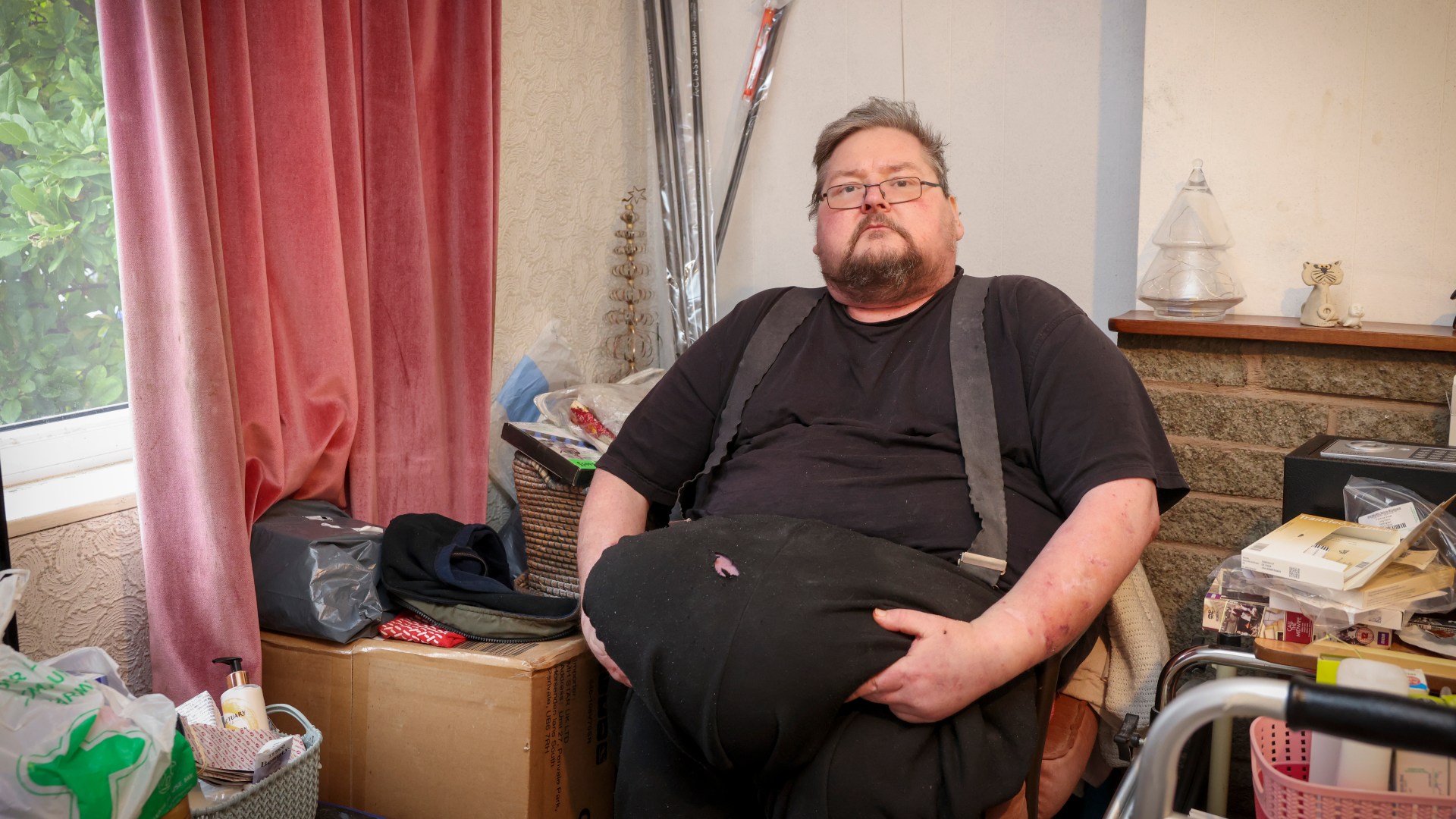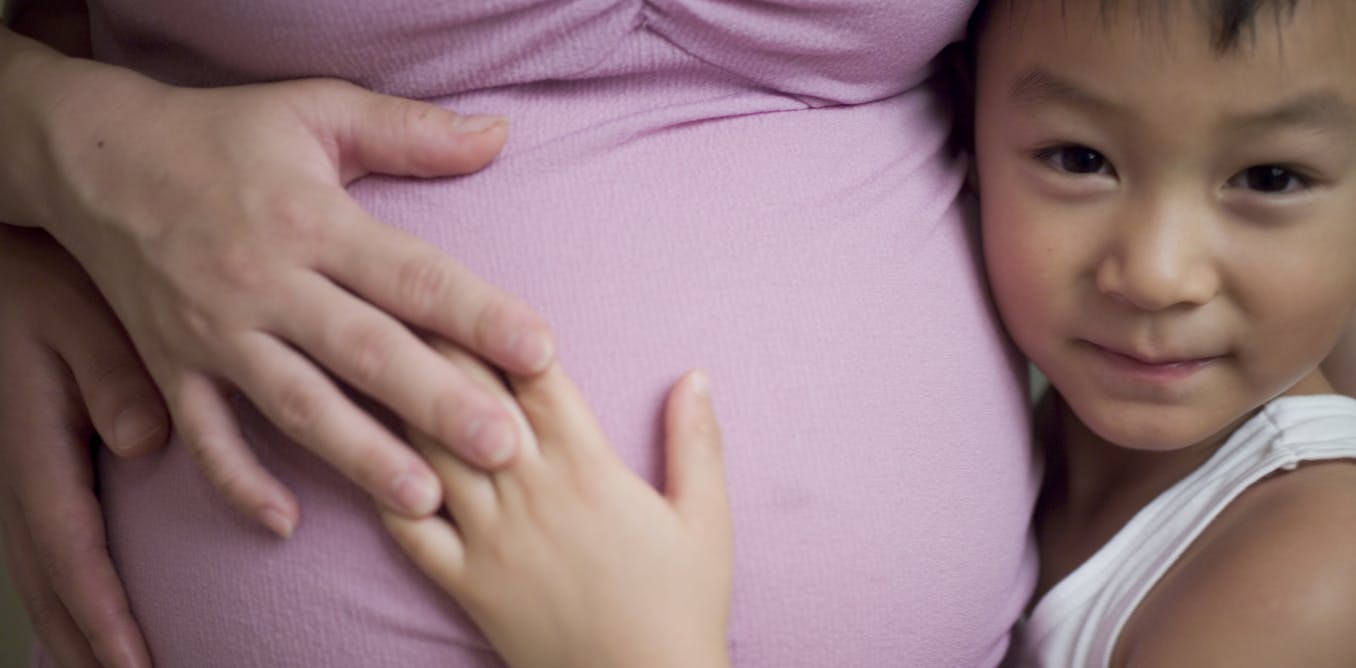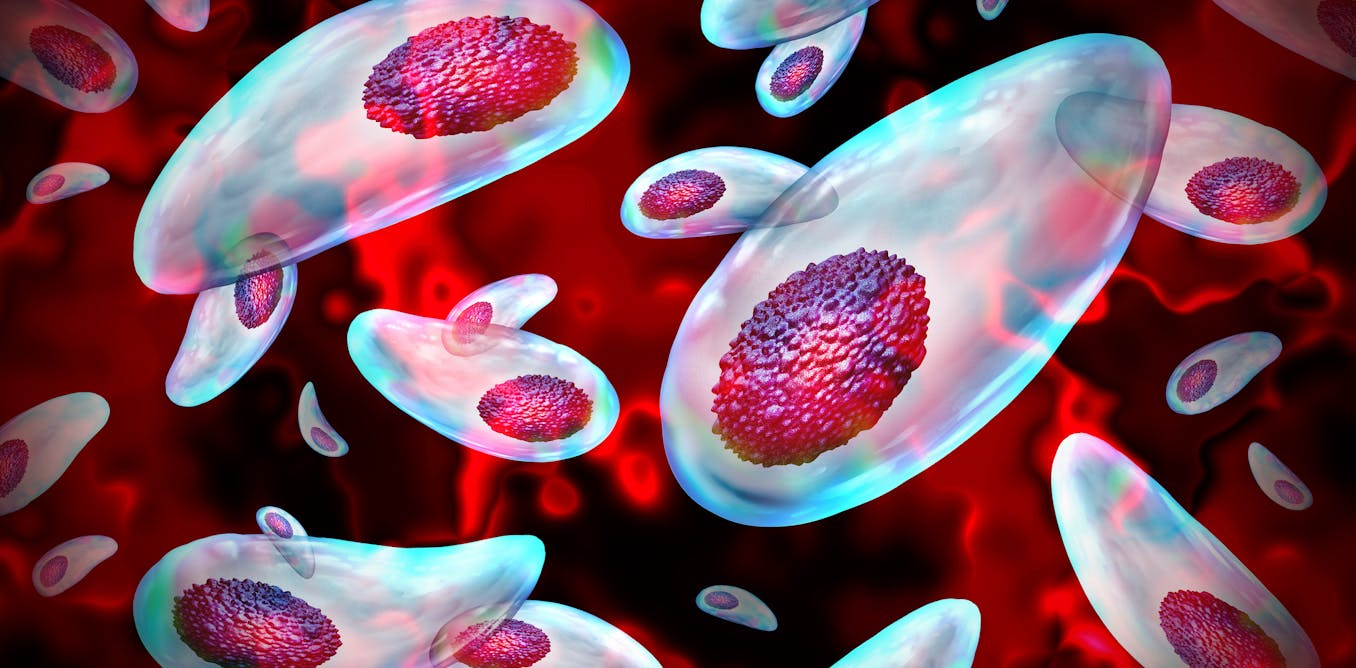A MAN living with a huge five-stone growth hanging from his stomach says doctors have refused to remove it – leaving him living in constant pain.
Alan Bromyard, 48, has lived with the lump for almost two years.
2

2
In August, he suffered from sepsis as a result of the life-altering condition and was admitted to hospital for 14 days – six of which were spent in the ICU.
The man from Long Eaton, Derbyshire, said: “I nearly died. It hangs down to my knees, it’s a right mess and needs to be removed.”
Despite the severity of his condition, Alan made the shocking revelation that the NHS had twice rejected funding for surgery to remove the lymphedema.
He said: “They class the operation as cosmetic and say that’s why I can’t have the funding.
“It’s a 5st lump of fluid, I can’t lose it through dieting so what are they expecting me to do? I need help, I’m heartbroken.”
The invalid said his livelihood had been ruined by the growth, as he was no longer physically able to keep his herd of cows.
“I have farmed all my adult life,” he said, “but I had to sell them because I couldn’t work them anymore.”
He added that the illness was also preventing him from doing things he enjoyed – and had had a domino effect on his overall health.
He said: “I was out fishing or shooting most weekends. Now I’m just in bed. I can’t go up the stairs, I can’t drive to my appointments.
“My knees and hips have gone. I’m missing my life because of this. A nurse once told me it’s cruel living like this and it really stuck with me because it is.
“It feels like I’m carrying a dead-weight toddler around all the time. It breaks down, it leaks – it’s just a mess.
“One week I had to use £176 worth of bandages because it leaks that much.”
Alan said his doctors submitted an application for funding on his behalf in 2023, saying a surgery he would “thoroughly benefit from the surgery”.
The letter called for the removal of skin from Alan’s lower abdomen, in order to remove the growth – comprised of “fibrovascular or granulation tissue”.
It went on to claim the lump was “severely affecting his mood and daily activities”.
However, in July 2023, the application was rejected by Derby and Derbyshire ICB.
The response read: “This request has been reviewed by our screening pair which consists of a Public Health Consultant and a representative from the Derbyshire Integrated Care Board.
“This request has been declined by our screening panel.”
Alan’s surgery has since submitted another request, which was also rejected in August.
The ex-farmer said a third application was currently being prepared by his surgeon, GP and the head of the lymphedema clinic at Nottingham University Hospitals.
A spokesperson for NHS Derby and Derbyshire ICB said: “We cannot comment on individual cases.
“Some treatments are not normally available on the NHS and in these circumstances people are able to request individual funding requests where a service, intervention or treatment falls outside of existing service provision.
“The application for funding is made by the patient’s clinician who is required to demonstrate that the circumstances are exceptional.
“This decision-making process ensures that each request is considered in a fair and transparent way, with decisions based on the best available evidence and in accordance with our individual funding request policy.”
What is lymphedema?
Lymphedema is a chronic condition that causes swelling in the body’s tissues – but what are the symptoms and what can you do about it?
Causes of lymphedema
- Faulty genes
- Damage to the lymphatic system
Symptoms of lymphedema
- An aching, heavy feeling
- Difficulty with movement
- Repeated skin infections
- Developing hard, tight or thickened skin
- Folds developing in the skin
- Wart-like growths developing on the skin
- Fluid leaking through the skin
How can you treat lymphedema?
Unfortunately, there’s no cure for lymphedema. However, some steps can be taken to control the main symptoms, including:
- Wearing compression garments
- Taking good care of your skin
- Moving and exercising regularly
- Having a healthy diet and lifestyle
- Using specialised massage techniques
Source: NHS




